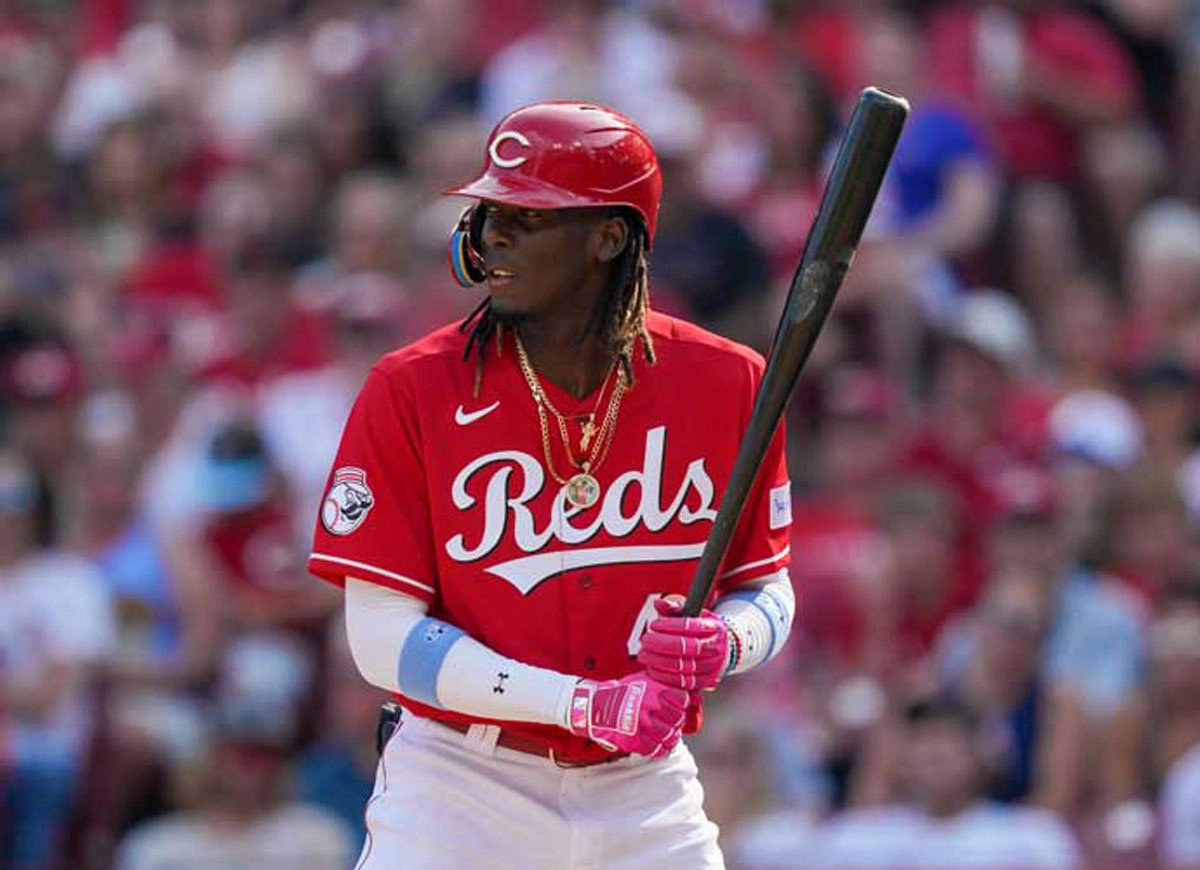Elon Musk Defends His Decision To Ban Journalists From Twitter After ‘Free Speech’ Claims
Twitter CEO Elon Musk stood by his decision to ban prominent journalists from the social media platform for seven days “doxxing.”
“Doxxing” is defined as the act of sharing information that can allow others to harass an individual, such as releasing phone numbers, residential information or email addresses.
“Same doxxing rules apply to ‘journalists’ as to everyone else,” Musk wrote in a Thursday tweet. “Criticizing me all day long is totally fine, but doxxing my real-time location and endangering my family is not.”
CNN correspondent Donie O’Sullivan, Washington Post reporter Drew Harwell and New York Times technology reporter Ryan Mac were among the banned journalists.
Subscribe to our free weekly newsletter!
A week of political news in your in-box.
We find the news you need to know, so you don't have to.
The journalists are currently covering Musk’s dispute with @elonjet creator, Jack Sweeney, whose Twitter account tracked the exact movements of Musk’s private jet before being suspended on Wednesday.
Musk claimed that they had released information that revealed his exact location in real-time.
“Any account doxxing real-time location info of anyone will be suspended, as it is a physical safety violation. This includes posting links to sites with real-time location info,” Musk wrote on Twitter. “Posting locations someone traveled to on a slightly delayed basis isn’t a safety problem, so is ok.”
https://twitter.com/elonmusk/status/1603181423787380737
Musk took a poll Twitter poll on Thursday asking if and when the journalists should be allowed back on the platform. The majority of respondents felt that the accounts should be reinstated now.
Musk has received backlash as he has claimed in the past that Twitter would be “dedicated to free speech” after he took over.
Get the most-revealing celebrity conversations with the uInterview podcast!







Leave a comment